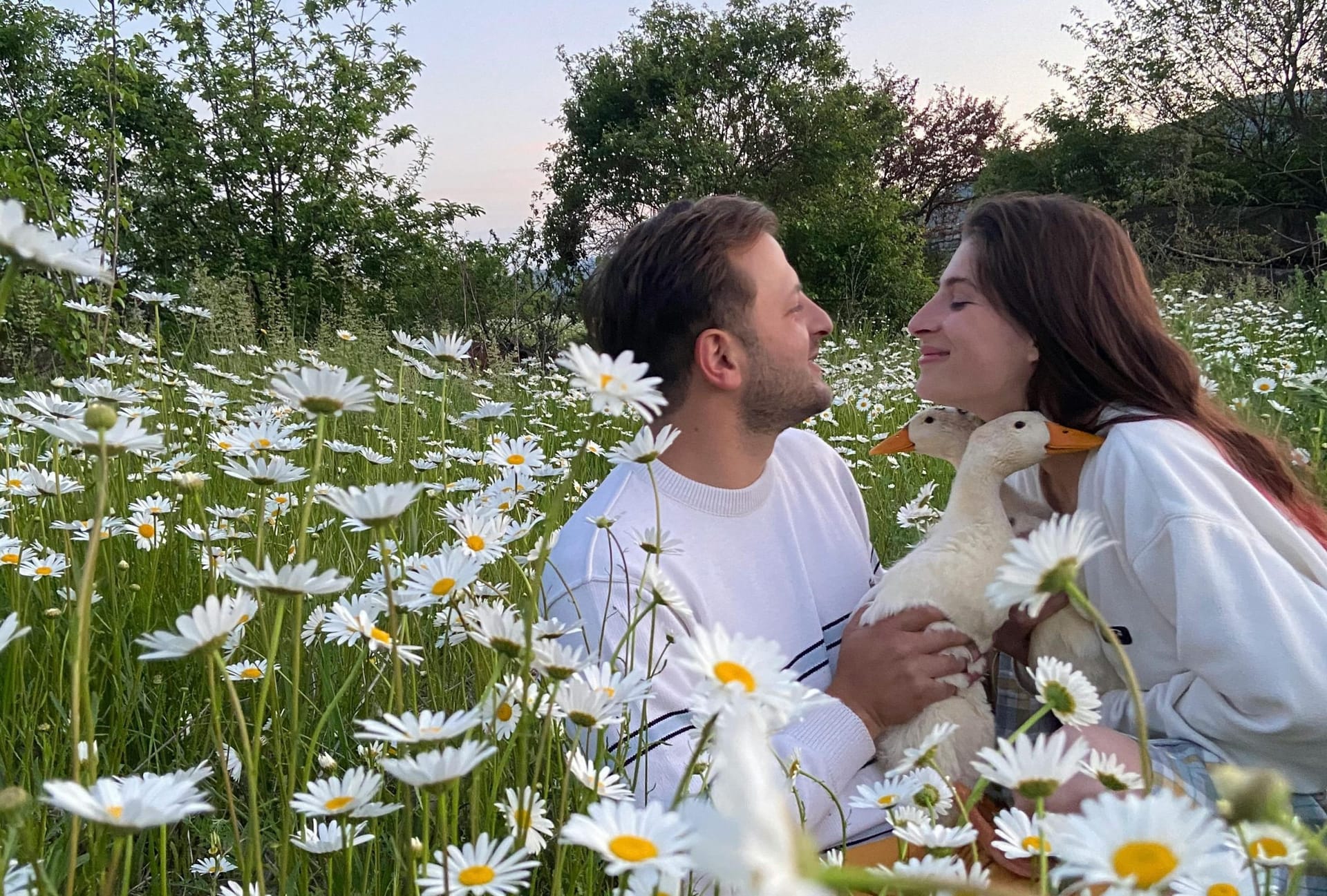Being vulnerable before God
9 June, 2024 10th Sunday Year B

When people hear the word ‘myth’, they often think ‘fiction’ or ‘untrue’. However, in ancient times, myths – stories rich in symbols, expressions, and characters that were easily recognisable and familiar to audiences – were the primary way for people to ponder and talk about events and experiences that were important to them, but beyond their understanding.
In the Jewish-Christian tradition, the Book of Genesis uses a mythic story to portray the origin of sin. In today’s first reading, we’re invited to imagine a garden where there’s complete harmony between man and woman, between humans and nature, and between humans and God. Peace and union are the hallmarks of this garden.
However, eating from the tree that gives full knowledge is forbidden. Despite God’s warning, the woman and man know better! Tempted and seduced by the serpent, the woman eats the forbidden fruit and shares it with the man who also eats. Both think they can act independently of God and follow their own desires without proper discernment. Both fail to grasp the reality that human beings must live within limits.
Their eyes are opened, but rather than becoming like God, they become estranged and naked, fully exposed and vulnerable; which neither can handle. Afraid of God and ashamed of themselves, they sew fig leaves together to hide from each other and from God. Concealment, cover-up and discord are now the hallmarks of this garden.
This mythic story teaches us a fundamental truth about sin: that our lives and relationships become fractured and disconnected, and we’re unable to face ourselves, God and others honestly and openly.
Thankfully, God doesn’t abandon humanity in its shame and sinfulness. God takes the initiative and is portrayed walking in the garden seeking and searching for the fearful and hiding couple, who are unable to face the consequences of their choices. God asks, “Where are you?” It’s not a threat, but a question from someone who cares deeply.
Like so many of us, rather than accept their fault, the woman and man look for excuses and try to justify themselves by blaming each other. The man blames: “the woman you (God) gave me.” Of course, he doesn’t blame the woman alone; he also indirectly blames God who had generously blessed him with a partner. On the other hand, the woman blames: “the serpent that tempted me.” Neither of them says, I’m sorry, I’m wrong, it’s my fault or please forgive me.
God created humanity with a capacity for freedom and self-determination, and at times we make wrong choices and poor decisions. By acknowledging our mistakes and wrong doing we maturely take the first step in accepting responsibility for our lives and choices, rather than blaming God or others.
Wherever we find ourselves in life and whatever struggles we’re carrying, God is with us. Listen attentively to God’s personal and loving question to each one of us today: “Where are you?”
David J Hore CSsR
© Majellan Media 2024
We encourage you to share and use this material on your own website. However, when using materials from Majellan Media, please include the following in your citation: Sourced from www.majellan.media
